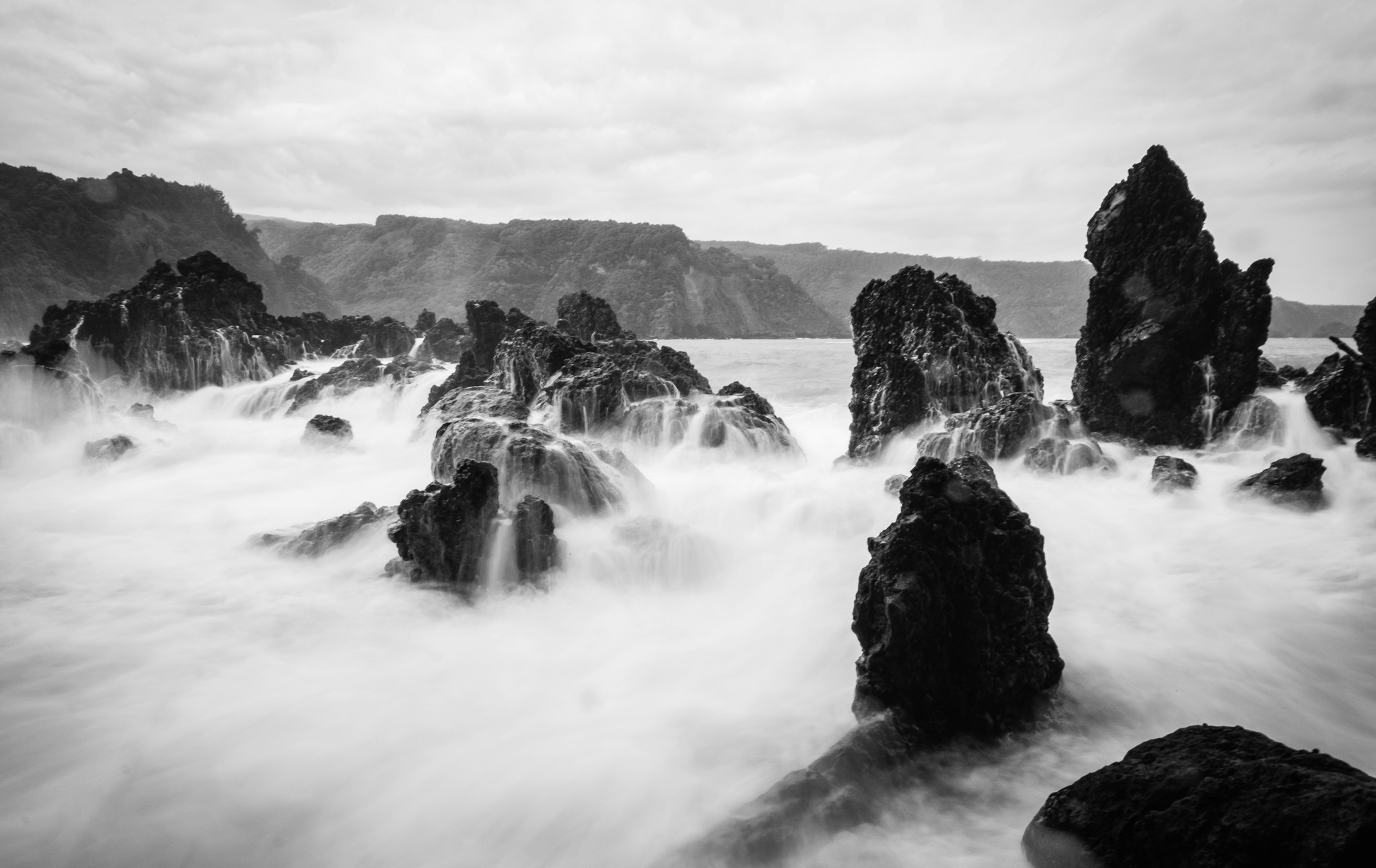Wae Rebo Travel Guide: Culture, Customs, and Festivals
Discover the rich culture, customs, and vibrant festivals of Wae Rebo in this comprehensive travel guide.

Wae Rebo is a traditional Manggaraian village located on the island of Flores, Indonesia. This secluded village is nestled amidst lush green mountains and offers travelers a unique cultural experience. In this travel guide, we will explore the rich culture, customs, and festivals of Wae Rebo.
Culture and Customs
The people of Wae Rebo are predominantly of Manggarai descent and have preserved their traditional way of life for centuries. One of the most distinct features of this village is its cone-shaped houses known as "Mbaru Niang." These structures are made of bamboo and thatch, designed to withstand the frequent earthquakes in the region.
Visitors to Wae Rebo are often greeted with a warm welcome by the villagers who are known for their hospitality. It is customary to greet the elders first and show respect for traditional beliefs and customs. The community follows a matrilineal societal structure, where inheritance and lineage are traced through the female line.
Festivals
One of the most significant festivals in Wae Rebo is the "Caci" ritual. This traditional whip fighting ritual is a symbolic display of strength and courage, often performed during important ceremonies and celebrations. Visitors may have the opportunity to witness this unique cultural practice and even participate in the festivities.
Another important festival is the Wae Rebo Cultural Festival, held annually to showcase the village's heritage through music, dance, and traditional crafts. This vibrant event brings together locals and visitors in a celebration of Manggaraian culture.
Local Anecdotes and Interesting Facts
Legend has it that the village of Wae Rebo was founded by a group of seven clans who sought refuge in the mountains to escape tribal conflicts. The villagers believe that their ancestors' spirits continue to protect and watch over the community.
The villagers of Wae Rebo are skilled in various traditional crafts such as weaving, woodcarving, and pottery. Visitors can purchase authentic handcrafted souvenirs as a memento of their cultural immersion experience.
